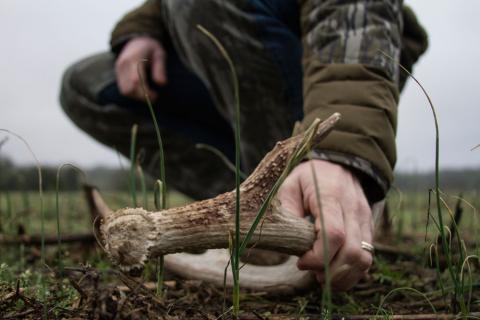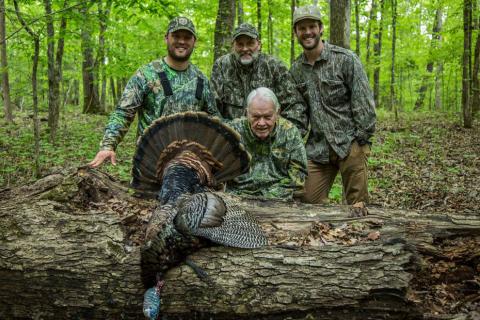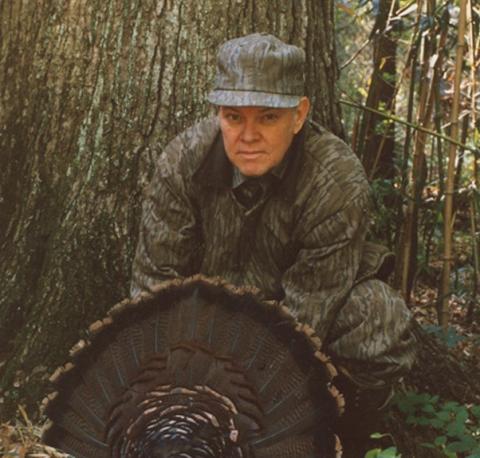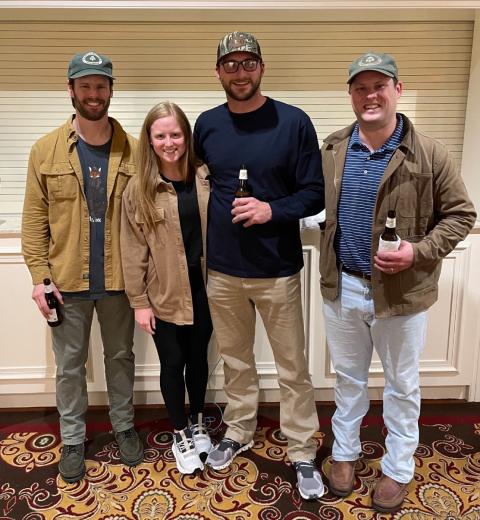Greg Tinsley
On Sunday night, May 8, 2022, Ray Scott, 88, died peacefully in his sleep of natural causes. He is, of course, remembered as a modern-day catalyst for bass fishing and conservation as a national cause.
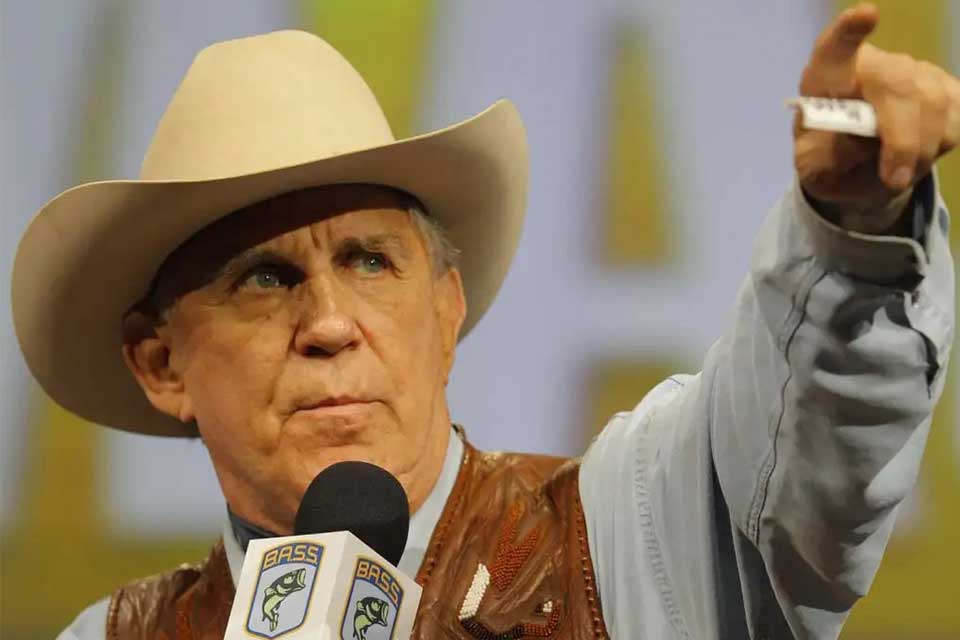
Scott and his paternal family outlasted the Great Depression from a one-bedroom house in Montgomery, Alabama. He self-employed steadily as a youth, but perhaps it was his work as a peanut vendor at baseball games that inspired him to the roar of the crowd and to the satisfactions of a mastery in salesmanship.
Scott trumped dyslexia to graduate from Auburn University before moving into a notable 10-year career in insurance sales for Mutual of New York, where he was recognized as one of that company’s most productive colleagues in the southeast.
With an extraordinary vision for the future bass fishing, Scott left the insurance business in 1967 and organized the All American at Beaver Lake, Arkansas, the first bass-fishing tournament of national scope. That same year he premiered the first national professional bass fishing circuit, the Bassmaster Tournament Trail. And in 1968, he founded the Bass Anglers Sportsman Society — B.A.S.S. — which grew to become the world’s largest fishing organization.
His costly 1971 Bassmaster Classic World Championship at Lake Mead, Nevada, remains a case study in the art of promotion, and it was the foundation for what became the largest fishing-event series in the world through present.
Perhaps more importantly, Scott also led bass fishermen to the hilltop of conservation and boating safety. In 1972, he debuted the “Don’t Kill Your Catch” campaign, mandating aerated livewells for all tournament boats.
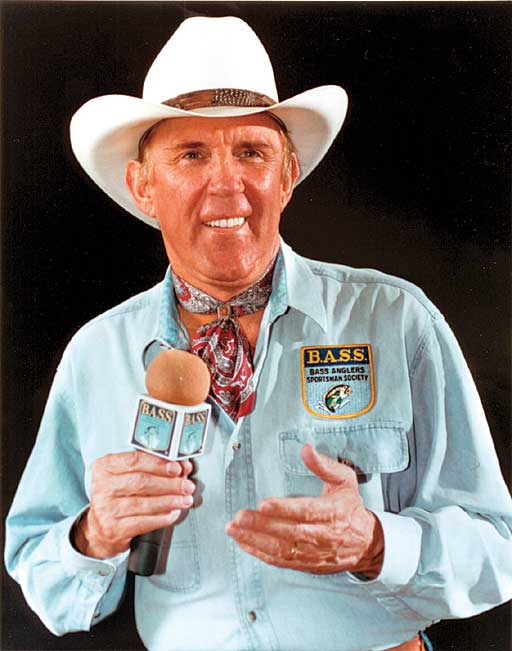
Clean, Drain, Dry: Conservation Minded Anglers Battle Aquatic Invasions
“I didn’t invent catch and release,” Scott once told a reporter, “but we did make it popular in bass fishing, and that changed the sport in so many ways. We preached that a bass is too valuable to be caught only once. We helped fishermen learn how great it felt to catch a 5- or 6-pound bass and then lean over and let it go and watch it swim away, hopefully to be caught again.”
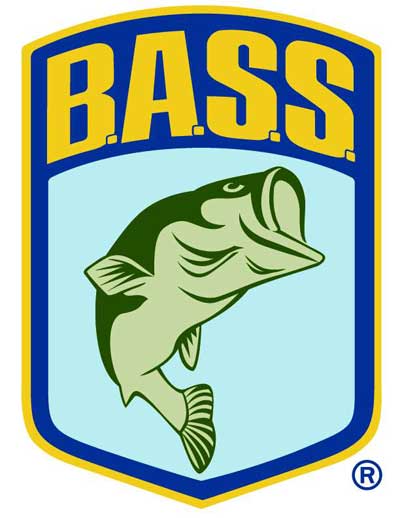
According to B.A.S.S., 90-percent of all bass anglers today release all or most of the bass they catch.
Scott filed some 200 anti-pollution lawsuits during the earliest days of B.A.S.S., drawing national attention to declining water quality and contributing significantly to passage of the Clean Water Act of 1972.
He campaigned vigorously for passage of the Wallop-Breaux Sport Fish Restoration Amendment of 1984. When the bill stalled in Congress, Scott’s friendship with Vice President George H.W. Bush helped ensure enactment of the amendment. As a result, approximately $375 million in sportfish restoration allocations are provided annually to state fisheries for management, aquatic education and public access projects.
His crusades to improve boating safety – the use of personal flotation devices, emergency shut-off switches on engines and improved boater education – continue to save lives today. He received a Presidential appointment to the U.S. Coast Guard’s National Boating Safety Advisory Council and was inducted into the National Boating Safety Hall of Fame in 2002.
Ray Scott’s toothy grin, his infectious energy and his inspirational promotions on behalf of fishermen, healthy fish populations and clean water may never be equaled. The Mossy Oak flag is at half-staff, with heartfelt condolences to Scott’s wife, Susan, and their four children, our friends and associates at B.A.S.S. and fishermen throughout the world.
Please visit Bassmaster.com for more about the extraordinary Ray Scott and his many fishing-is-conservation legacies.
























